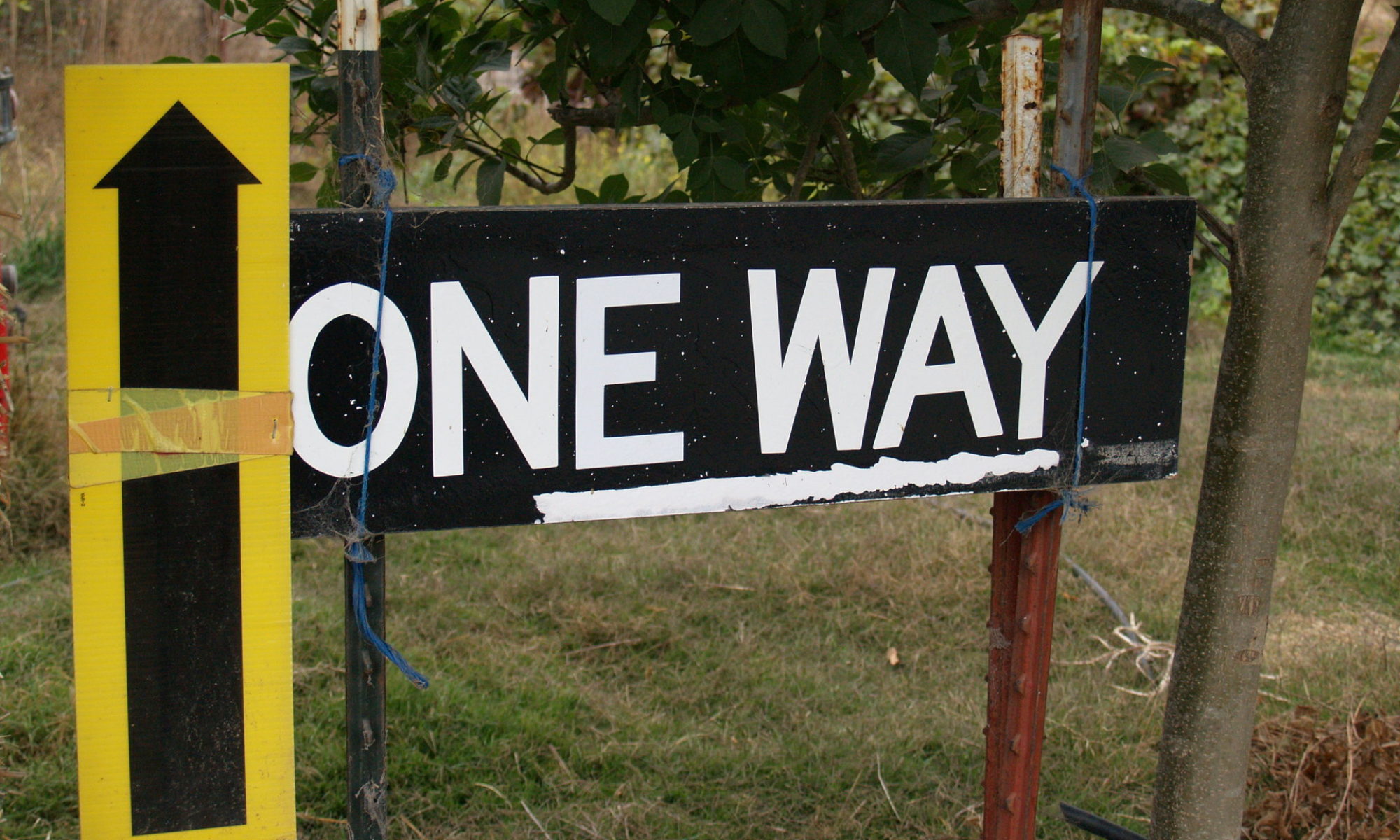Hi Pastor Chris,
We have a small group that meets once a month and we are studying Job. In our discussion came up the following questions:
Is there an age of innocence/accountability (with our understanding that it is around age 7) with kids? Is that biblical?
If a child dies before age 7 (which seems to be what people say is the end of age of innocence and they can make their own decision for Christ) do they automatically go to heaven?
Where does free will come into play?
What of the Muslim/Jewish, etc. child who has never heard of Jesus? What of them?
Of course all of the women in this group are moms so this one is very dear to our searching hearts.
Thanks in advance for taking the time to answer these.
In Christ,
Cheryl
ANSWER
Cheryl,
Wow! You and your group are really digging! Great questions!
I believe that the age of accountability is not fixed at a certain year. Children mature at different rates. This is true even within the same family. The Jews set a chronological age for the age of accountability, but I disagree. For instance, I have met children as old as 10 or 11 that could not tell me what sin is. I remember two girls in a previous pastorate that were 10 and 11 and they had no clue about right and wrong. I have also met children who had a finely tuned sense of right and wrong as early as 4 or 5. No doubt environment plays an important part here. My rule of thumb is this: if a child is old enough to sin knowingly that child is old enough to believe savingly.
Remember, when Adam and Eve sinned it was a deliberate act of disobedience. God had given them clear instructions and they understood them. They chose to disobey God.
I always ask a child about sin. I ask them what sin is. That is quite revealing. Then, if they know what sin is, I ask the child if he or she has ever sinned. That is quite revealing, too. If a child admits to having sinned, I ask the child how he or she felt when the sin was done. If they have gotten to this point they will usually tell me that they felt bad when they sinned. If they do not say that they feel bad about the sin, then I know that they are still innocent because that Holy Spirit will make them feel bad about the sin. If they do not feel bad then the Holy Spirit has not yet convicted them and therefore they are innocent.
Yes, I believe that a child who dies innocently will go to heaven. Such a one has not committed a willful sin. Willful sin is the issue here. All children do childish things. Childishness is not sin. It is when a child deliberately does something that he or she knows is wrong that sin happens. When a child sins deliberately, knowingly, he or she is then accountable.
When King David had a child that died he said, “I will go to him, but he will not return to me” (2 Samuel 12:23). King David was a believer. We know that David went to heaven after he died. Therefore, the child went to heaven before David.
As to free will, the same parameters come into play. A child is not accountable for having a free will until he or she knowingly, deliberately, chooses to sin. Ps. 19:13, “Keep your servant also from willful sins; may they not rule over me. Then will I be blameless, innocent of great transgression.”
As to Moslem children (or Hindu, Buddhist, etc.), the same parameters apply. If they are truly innocent (as defined above) and they die, they will go to be with the Lord. If they sin willfully then they are accountable to God the same as anyone else. Many years ago Billy Graham wrote a book titled How to be Born Again. In that book is a story of a man that came to one of Billy’s crusades from far out in the country. (If I remember right it was India.) This man hiked something like 50 miles to attend the crusade. He accepted Christ. He said that he always knew that there was something more. He was never satisfied worshiping trees or his ancestors. The Holy Spirit was at work in his life drawing him to Christ.
God puts a divine spark in every person. He also puts an empty place in every person that only He can fill. Part of the ministry of the Holy Spirit is to work in the world to empower our witness for Christ. Here is how Jesus spoke of the ministry of the Holy Spirit in John 16:7-8, “It is for your good that I am going away. Unless I go away, the Counselor will not come to you; but if I go, I will send him to you. 8 When he comes, he will convict the world of guilta in regard to sin and righteousness and judgment.” The Holy Spirit is called the Counselor in those verses.
I hope these thoughts are helpful to you. They questions you raise are important. Remember, God is full of mercy and grace. He will always do what is right in these cases. He is also omniscient (all-knowing). He knows ahead of time who will respond to Him and who will not. There is mystery here. One thing is for sure, we can trust Him!
Sincerely,
Pastor Chris
